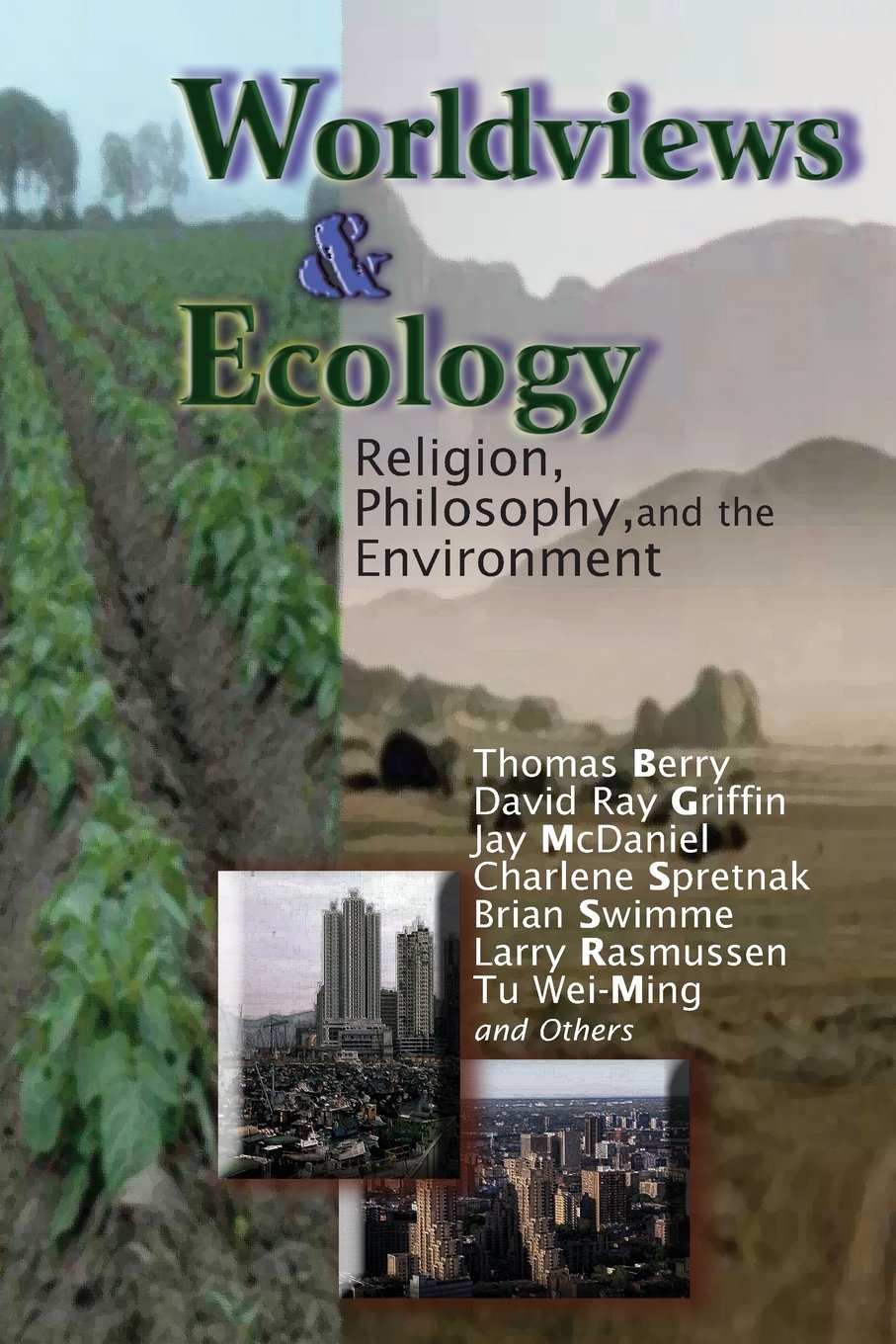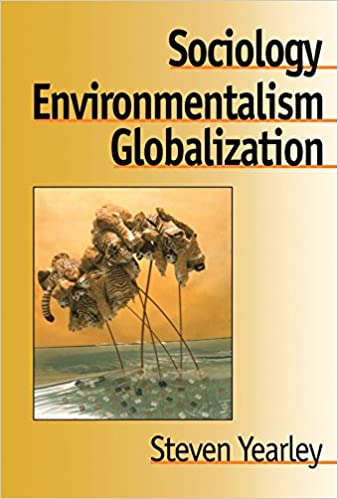The Roots of Modern Environmentalism, David Pepper, Routledge, 1989 (reprint), pp. 246, ISBN 0-415-03972-X
Books on the environment tend to have a temporal weakness. Often, the reader is bombarded with a set of statistics whose increasing or decreasing character, depending on what constitutes the worsening, attempt to empirically prove that our environment is suffering from degradation. The general line of argument tends to be lost amid the balance of sheet-like accounting statements, leaving the reader none the wiser.
David Pepper’s The Roots of Modern Environmentalism was originally published in 1984, and now, 36 years later remains a handy companion precisely because it avoids that pitfall. In it, Pepper focuses his analysis upon the ideas that drive arguments made about the environment. He attempts to present various world-views, or “cultural filters,” by which humans relate to their environment. His approach is grounded in historical materialism, even though he does not explicitly state this, perhaps because that would seemingly take away from his attempt at even-handedness. He grounds the development of each idea in its historical and social context.
Pepper points to Limits of Growth, Blueprint for Survival, and Small is Beautiful as the three books that define the principal ideas of environmentalism. Without specifying why those 3 titles were chosen as the representative sample, the reader would have to trust Pepper’s ability to capture the environmental zeitgeist of the ‘80s. The inclusion of these seems slightly irrelevant when the majority of the text relies on ideas expounded by other thinkers in other books. Arthur O. Lovejoy’s The Great Chain of Being, Malthus’ Essay, and Marx’s Capital seem to have left a bigger mark than those works, which are derivative of others anyway.
The book’s framework stems from Tim O’Riordan’s classification of environmentalism which distinguishes between technologically optimistic environmentalists called “technocentrics” and those whose views are rooted in romanticism, deemed to be “ecocentrics.” The ideologies, as Pepper calls them, fall broadly within functionalist/pluralist and Marxist categories and are evaluated along the free will and determinist nexus. The categorization and tabular like lists plague the narrative but allow Pepper to squeeze an immense amount of information in the book.
Technocentrism represented and continues to represent the dominant set of values and views held by modern environmentalists, sprung from medieval cosmologies which sought to explain man’s position in nature. Pepper correctly identifies its roots in the scientific revolution and the rise to prominence of Cartesianism, which with its mind-body duality portrayed nature as separate from humans and therefore as its object of manipulation. He places Bacon’s influence ahead of that of Descartes because it was he who asserted “the creed that scientific knowledge equals power over nature.” Scientific development, therefore, equalled increased dominance over nature. In its attempt to portray itself as an objective arbiter of man’s relations to nature, scientific knowledge harnessed, justified and legitimated the mechanism of nature’s exploitation by failing to account for its underlying motive. It thus remained open to criticism which came from romantic, anti-rationalist and anti-mechanistic lines.
Romanticism “was and is the antithesis of everything scientific.” With its emphasis on the phenomenological experience, romanticism sought to portray one-ness of man and nature. Nature had an integrity of its own and American transcendentalists and English poets tended to abstract actual social relations that would have made their images of simplicity, beauty and serenity a little more real with poverty, misery and suffering added.
However, ecocentrism to which romantics belong also had a scientific element embodied in Malthusianism and Darwinism. Thomas Malthus was a reactionary 18th-century British economist whose influence continues to afflict the modern environmental movement. Pepper’s radical materialism offers a searing critique of Malthus and exposes his class-based project. His notable thesis that population growth would outstrip available resources to sustain itself rested on spurious demographic assumptions and more significantly, sought to shift the conversation away from the effects of private property on social relations and the generation of poverty and misery. Darwinism spawned social Darwinism and its justification for social relations like slavery and economic models such as neoliberal capitalism. By portraying men as atomistic individuals and removing the relations between them, these ideologies served to justify the status quo and the current economic models.
Pepper’s longest chapter is on the Marxist perspective on Nature and Environmentalism revealing where his affinities lie. In it, Pepper rehashes the basic elements of Marxism and offers an outline of the man-nature dialectic and the economic basis of environmental degradation.
Lastly, in an interesting chapter on the potential effects of education on improving the environment, Pepper discusses the difference between education for the environment and education about and from the environment. To what extent does education serve as a vehicle for environmental degradation? It is a valid question that problematizes the nature of education and its effects in propagating destructive social relations that reproduce and legitimize economic models that lead to environmental degradation. By presenting the dominant views, educational institutions merely continue and preserve the status quo. The solutions must, therefore, be sought in opposition to Education.
In his book, Pepper has continually tried to expose the cultural filters through which we see the human relationship to the environment. However, in so doing, he failed to realize his own cultural blinders. While he attempts to portray the roots of modern environmentalism tout court he merely outlines the predominant Western intellectual thought. He fails to show how different cosmologies portray Western nature/culture dichotomy and in so doing fails to go beyond his analytical framework, as is proven by a quick glance at the bibliography used.
Nonetheless, The Roots of Modern Environmentalism presents a useful companion to any study of the environment by challenging the dominant narrative. In its pessimism, it offers a glimmer of hope.




